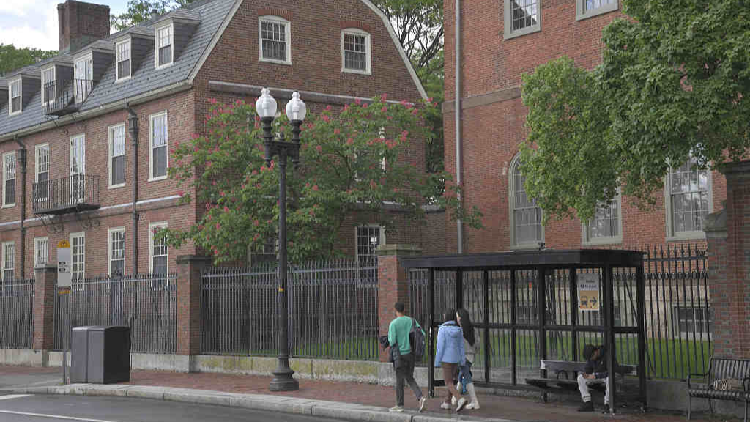Trump Threatens to Withhold $3 Billion in Grants from Harvard Over Controversial Issues
President Trump threatens to reallocate $3 billion in federal grants from Harvard to support trade schools nationwide, intensifying his feud with the Ivy League university.

U.S. President Donald Trump intensified his longstanding confrontation with Harvard University on Monday, issuing a high-profile threat to reallocate $3 billion in federal grants from the Ivy League institution to trade schools across the country. Calling Harvard "very antisemitic" in a forceful social media post, Trump argued, "What a great investment that would be for the USA, and so badly needed!!!" The post marks a dramatic escalation as the administration moves to tighten its grip over elite universities, urging them to confront allegations of antisemitism on campus.
The Trump administration has already taken concrete steps against Harvard, including freezing more than $2.6 billion in federal research funds and halting the university's ability to receive new sources of public money. Beyond financial measures, the administration has suspended Harvard’s certification to enroll international students, sparking alarm among thousands of scholars who now find themselves in a state of limbo regarding their legal and academic futures in the United States. Additionally, the White House is pressuring the university to hand over detailed lists of foreign students currently enrolled—raising privacy concerns and stoking fears among international students about their prospects.
In another posting on his Truth Social platform, Trump accused Harvard of withholding these foreign student rosters and questioned whether some students with overseas ties should be allowed to return to the U.S. after breaks. The university, citing information published on its own website, disputed Trump's claim that 31 percent of its students are foreign nationals, clarifying that the actual figure is 27 percent. Experts have questioned the legal basis for the administration's demand for student identities, pointing out that all international students are already tracked through government visa programs.
A wave of anxiety has swept through Harvard's international student body as they await clarity on their status. Many are now uncertain about whether they will be allowed to continue their studies, whether summer travel could bar them from re-entering the U.S., or if deportation could become a real threat. As the university mounts a legal battle—a judge has already issued a temporary restraining order against the administration's latest attempts to restrict foreign enrollments—the outcome remains far from certain.
Academic experts have sharply criticized the Trump administration's approach, warning that it risks politicizing higher education and damaging the global reputation of America’s top universities. “While these actions may seem aimed at hindering others, in reality, they are closing the door on America's own future development,” said Diao Daming, a professor at the School of International Studies at Renmin University. Observers argue that such aggressive intervention could erode the appeal of U.S. colleges for international talent and potentially undermine the nation's leadership in research and technology.
The confrontation between the White House and Harvard is widely seen as part of a broader campaign targeting elite institutions deemed hostile to conservative ideology. As discussions continue over campus policy, free speech, and the role of higher education in society, the stakes—for students, faculty, and the country’s standing in the world—have never been higher.




